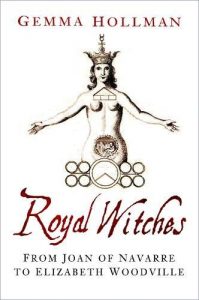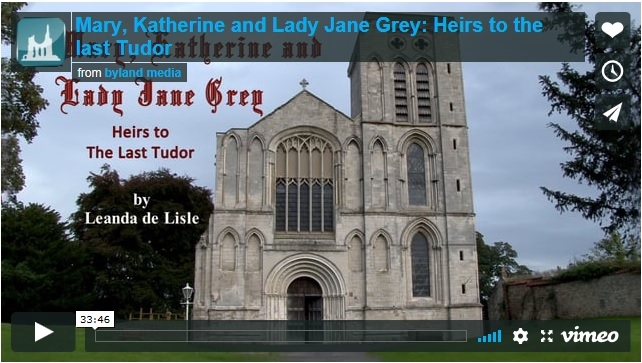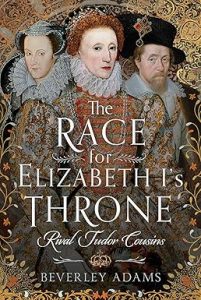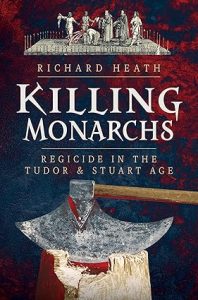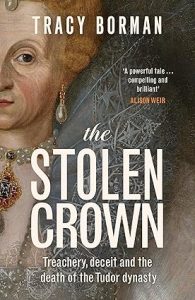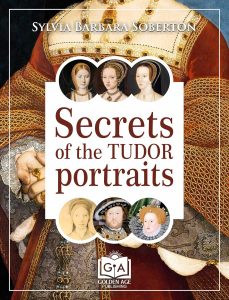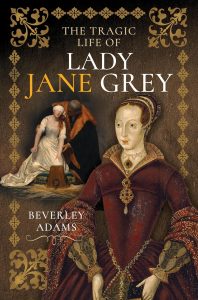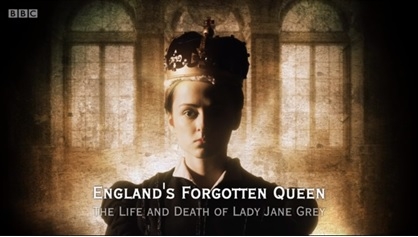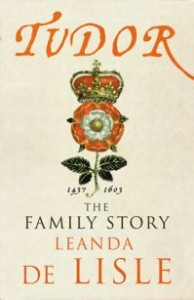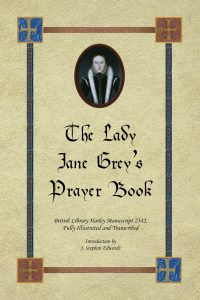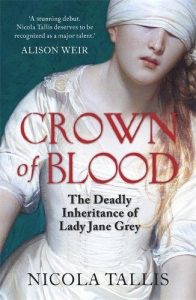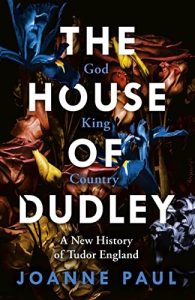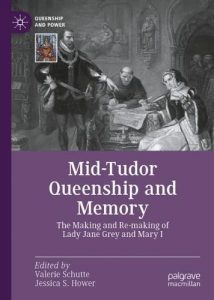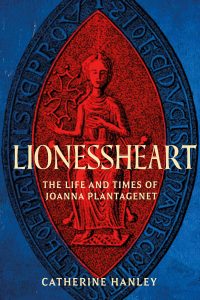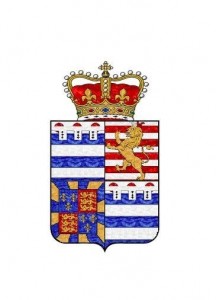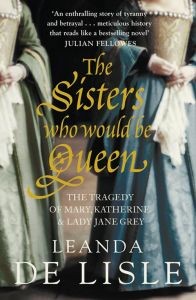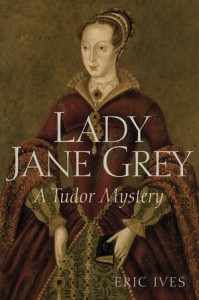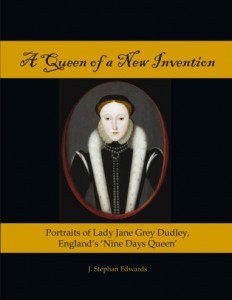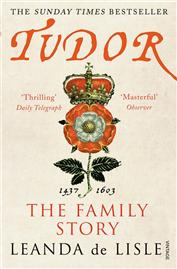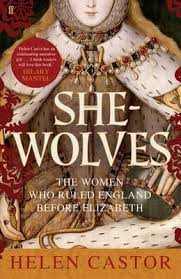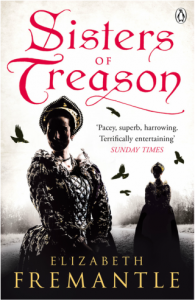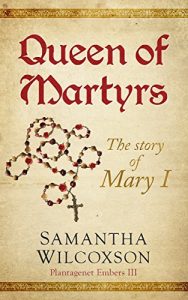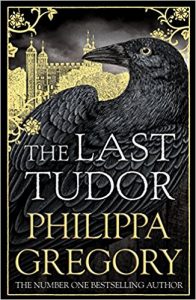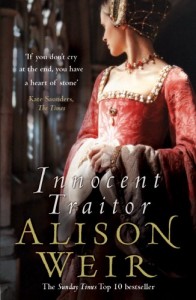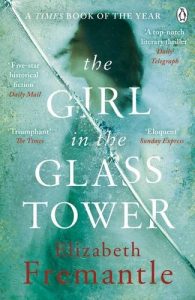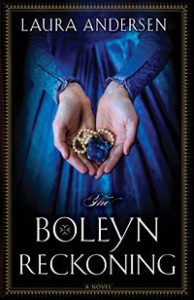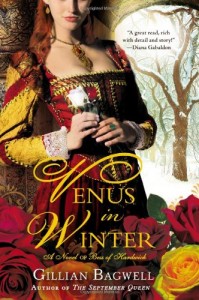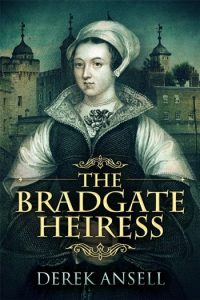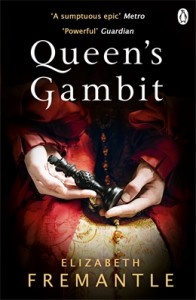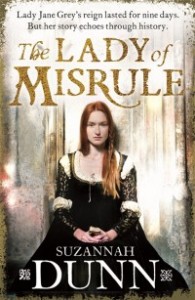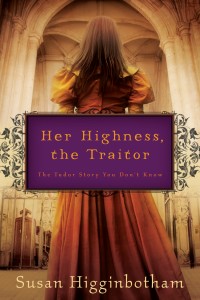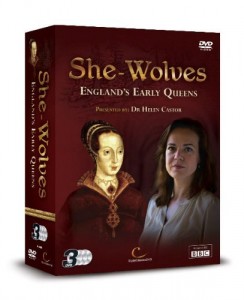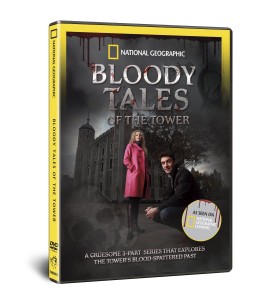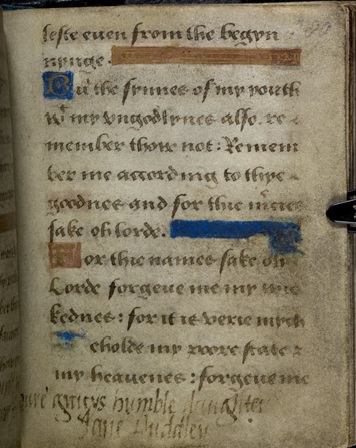Gemma Hollman is the author of ‘Royal Witches: From Joan of Navarre to Elizabeth Woodville’ which was published by The History Press in 2019.
Gemma also runs the Just History Posts blog.
Buy ‘Royal Witches’:
Follow Gemma on Social Media
Just History Posts website: Just History Posts
Facebook: Just History Posts
Twitter: @JustHistoryPost
Many thanks to Gemma for answering my questions.
Why did you choose this subject for your book?
Back when I was in University, I did a module on England’s Empire in France in the fifteenth century. For one seminar we had to read up about the “Three Princes” who held it together during Henry VI’s minority, and one of these was Humphrey, Duke of Gloucester. I was reading his biography page and there was just a sentence or two that casually mentioned that his wife was accused of using witchcraft to try and kill the king, and this eventually led to Humphrey’s downfall. I was so shocked to hear of such a story, and that I had never heard of it before, and that it was such a high profile case – and also how casually it was mentioned! I wanted to learn more about Eleanor and found her life fascinating, but was saddened by how there was such little material on her. I had remembered reading the White Queen by Philippa Gregory when I was in school, and that she had portrayed Elizabeth Woodville and her mother Jacquetta as using witchcraft. I wondered if there was any truth in this, so did some digging and saw that they too had been accused of using witchcraft. After a bit more research, I found Joan’s story as well. I thought this was so fascinating – I had never really heard much about magic in the medieval period, let alone that four women who were part of the Royal Family had been accused of using witchcraft! I was convinced that all of these cases were intertwined, and I felt sad that these fantastically interesting women had such little written about them. I decided I wanted to do the job!
What does your book add to the existing works covering these women?
Well, firstly, Elizabeth Woodville is the only one of the four women to have her own dedicated book. All of the women in the book, even Elizabeth, are so often referred to only in footnotes in the biographies of the men around them, and so I hope the book adds a fuller picture of each of their lives. Joan has only really been written about in separate accounts of her life in Brittany, and her life in England, and so this book pulls the two strands together to give a more whole picture of her life from start to end. Eleanor has mostly been written about in biographies of her husband, and I found that historians were constantly jumping on the propaganda put out in chronicles after her trial. They were blaming her for everything that happened to her, and often agreeing that she was a scheming, greedy, immoral woman. When I dug into it, I found no sources prior to her trial that seemed to suggest this, and so I hope I have been able to give a more balanced view of who the real Eleanor may have been.
Out of Joan, Eleanor, Jacquetta and Elizabeth, who was the most difficult to write about?
That’s a tough one as they all had their own challenges. Eleanor’s early life was tricky, as nothing is known about her before she was about 24 years old, and even then there are very few surviving sources about her life before her trial in her early 40s. However, Jacquetta was probably the most difficult. So much of her life was spent giving birth that again she is really elusive in the records, and so in trying to portray her story I was worried she could get lost in amongst all the politics that were happening during her life. She really comes to the fore when her daughter Elizabeth married King Edward IV, and during the tumultuous early years of his reign, but once her daughter’s position is more secure she again fades somewhat from the records. As her and Elizabeth’s stories are so intertwined, I had to tell them at the same time, and when so much was happening in Elizabeth’s life it was again a challenge to make sure I kept bringing Jacquetta back in and didn’t lose her.
What surprised you most researching this book?
I think probably what surprised me was actually how much material there was about these women. Yes, there are huge gaps in our knowledge about their lives, but as so little had been written about them I presumed there was more of a reason why – that they were difficult to trace beyond their trials, which is what everybody does write about them. I found so many over-looked sources, and was surprised how much about their lives before their trials I could actually piece together.
Which woman was the most interesting to write about??
Again, I loved them all in different ways, but Eleanor always wins the soft spot in my heart. She has the most incredible life out of all the women, really. She began life as the daughter of a lesser noble, and became mistress to a Prince of England. Then, amazingly, they married for love and had this really successful marriage, and for years her husband was in line for the throne and there was a very real chance she could have become Queen of England. Then these horrid accusations of witchcraft get thrown against her, and there is nothing anyone can do to save her. She is the only one of the women to have a trial of any sorts, and she spends the rest of her life imprisoned. The changes that she lived through, the highs and the lows, are just so fascinating to me, and it was so interesting to be able to pull the threads together.
Are there any members of the family whose stories deserve to be better known?
I particularly liked Cecily Bonville, wife of 1st Marquis of Dorset. She was one of the greatest heiresses in England, but being an heiress had a high price – dissent in her family over money, and constant efforts to keep everyone happy that could never succeed. Another interesting woman I’d like to know more about, although whether anything more can be found is doubtful, is Lady Elizabeth Grey, Countess of Kildare – she married without her family’s consent, and found herself in the maelstrom of Irish politics.
Did being royal grant them any protection against the accusations?
Yes and no, and that’s a big part of what I explore in the book. They were accused specifically because they were royal, because they were important political players, and so in that regard it certainly didn’t protect them! But in other ways it did. Jacquetta was protected by Edward because he was married to her daughter, and so once he regained control he was able to defend her and quash the accusations. Elizabeth was also protected because of her status. She was an anointed Queen of England, and Richard III would have been hard pressed to have her executed as there was no precedent. And, in fact, her royal status could benefit him if he could get her support for his regime. So for these reasons, he never really wants to push a trial against her for her alleged witchcraft. Joan and Eleanor were really the ones who suffered because of their statuses, as being royal was what gave them all of their power and wealth, both of which their enemies wanted. On the other hand, Eleanor’s status may have saved her to some extent. Although they couldn’t put her on trial secularly because she was in sanctuary, they realised after her case that they would have struggled to put her on trial anyway, as there was no precedent for trying a woman of her rank. A person was to be tried by a jury of their peers, but a woman of her rank didn’t have any peers – they had to change the law afterwards in case of any future cases! So being royal may have helped her to some extent.
Eleanor, Jacquetta and Elizabeth had the benefit of the experience faced by their predecessor. Did they learn anything from it and if so, what?
Eleanor would have struggled to learn anything from Joan as they were in such different positions. Joan was an anointed Queen, and the king wanted to protect her from harm, whereas Eleanor knew her enemies were out to destroy her. Jacquetta certainly had learnt from Joan and Eleanor, however, as she had seen from both cases how successful and thus how dangerous these accusations could be to women of her rank. After she is cleared of her alleged witchcraft, you can see in the official records that Jacquetta personally makes sure that the verdict is written down in the records for posterity, and that it is spread across the land. She wants to get rid of any chance of it coming back against her. Elizabeth’s actions were far more guided by her own previous experiences of the tumult of the Wars of the Roses than by the accusations of her predecessors, and yet the same elements can be seen, as both she and Eleanor claimed sanctuary.


